Japanese sound-symbolic words in global contexts
Por um escritor misterioso
Last updated 31 dezembro 2024

This paper explores the global reception and development of the artistic expression of onomatopoeia and mimetic words in modern and contemporary Japanese literary texts adopting the method of comparative literature. By analyzing sound-symbolic words and their translations in modern Japanese poetry and contemporary comics, the intercultural dialogues of these texts are examined and the emergence of hybrid onomatopoeia in global comic works is illuminated. The Japanese language is often noted for its richness of sound-symbolic words. In the literary world, modern poetry adopted and elaborated the use of these words from the late 19th century in its quest for a new style of poetry. In the early 20th century, poets developed the artistic expression of sound-symbolic words and succeeded in giving musicality to the “new-style poem”. However, the translation of Japanese sound-symbolic words has always been problematic. Experimental uses of these words in modern poems were often untranslatable, making the translations incomprehensible or dull. Nevertheless, graphic narratives and their worldwide distribution changed that situation. Japanese comics (manga) has particularly developed the artistic expression of sound-symbolic words. Usually placed outside speech balloons, these words are elaborately depicted and are important elements of the panel/page layout. Notably, the global popularity of the genre developed a new phase of intercultural dialogue. As not every word has an equivalent or is translatable in the target language, translators have left sound-symbolic words untouched in the translated versions, putting translation aside. Thus, the combination of Japanese and the target language seems to influence the visual comprehension of sound effects among the readers. Through the examinations of some cases, this paper brings to light the emergence of some hybrid onomatopoeia and reveals that the “Third Space” formed by the translation and hybridization of manga is a dynamic field that creates a new culture.
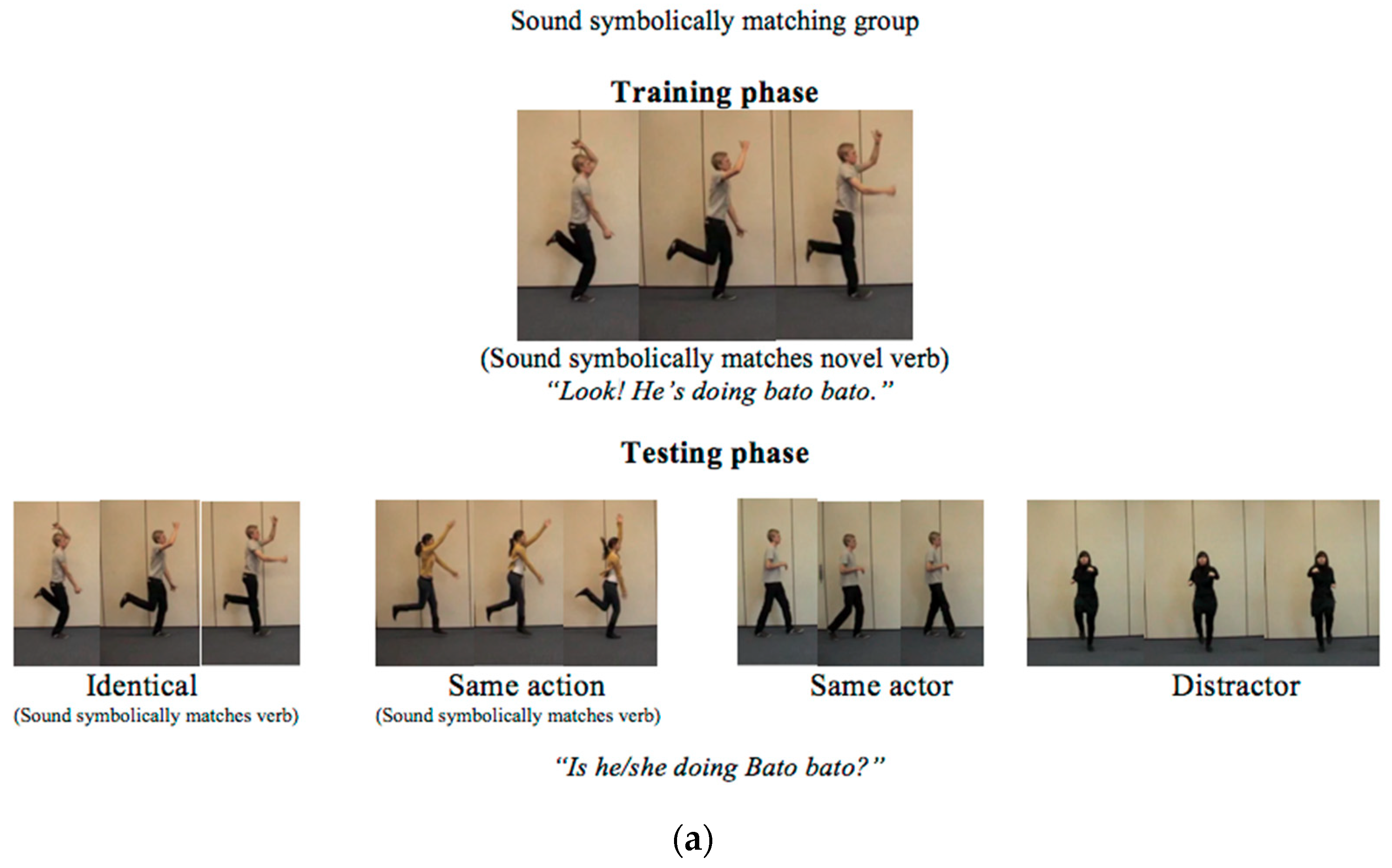
Languages, Free Full-Text

15 Unique Facts About Japanese Communication

Manga Sound Effect Guide - Japan Powered

Writing - Alphabets, Logograms, Syllabaries

Localization (L10n): Meaning, Benefits & Strategies

Frontiers Japanese Sound-Symbolic Words for Representing the Hardness of an Object Are Judged Similarly by Japanese and English Speakers

It's a Bouba, Not a Kiki: The Relationship Between Sound, Form, and Meaning - Behavioral Scientist

Do You See What I See? – SAPIENS

Japanese sound-symbolic words in global contexts
:max_bytes(150000):strip_icc()/GettyImages-673874279-5a132e05beba330037754956.jpg)
What Is Love in Japanese?
How Sound Symbolism Is Processed in the Brain: A Study on Japanese Mimetic Words
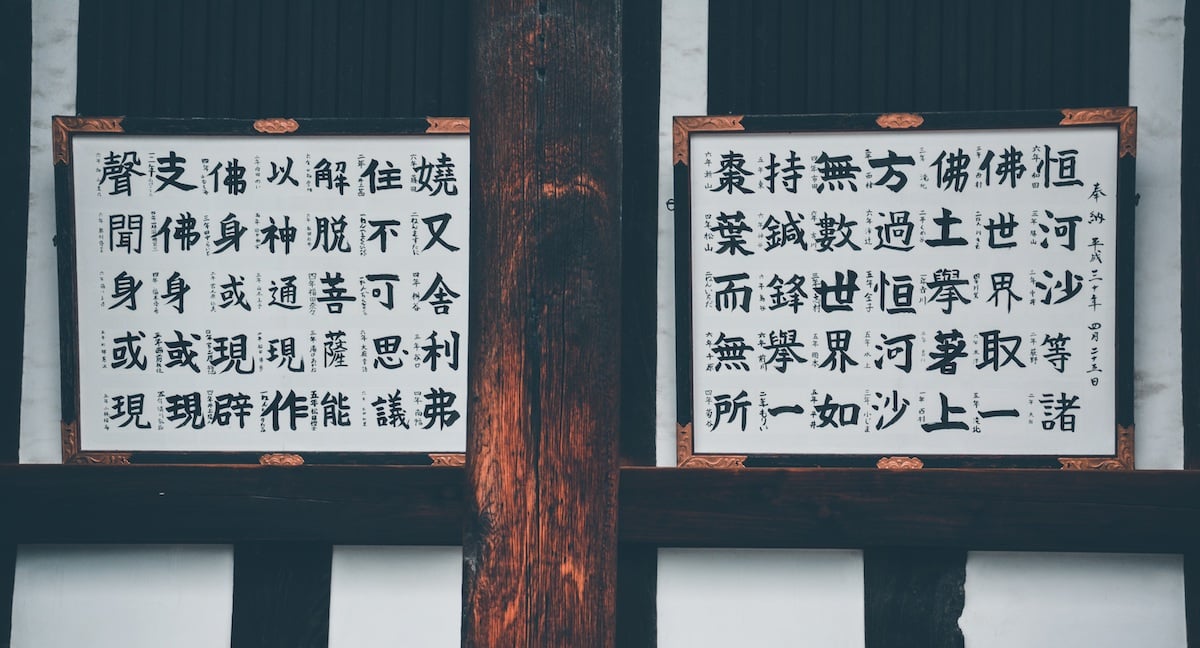
The Magic of Kanji: Why is Kanji important to Japanese language?

PDF] Perception of sound symbolism in mimetic stimuli: The voicing contrast in Japanese and English
How Sound Symbolism Is Processed in the Brain: A Study on Japanese Mimetic Words
Recomendado para você
-
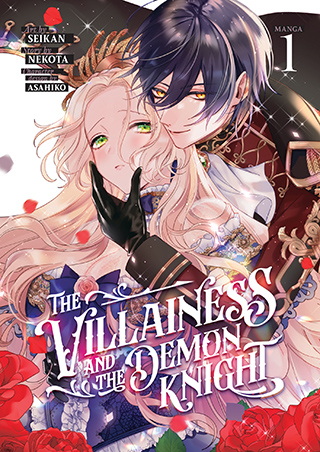 The Villainess and the Demon Knight (Manga) Vol. 131 dezembro 2024
The Villainess and the Demon Knight (Manga) Vol. 131 dezembro 2024 -
 One Punch Man - Tao Sect31 dezembro 2024
One Punch Man - Tao Sect31 dezembro 2024 -
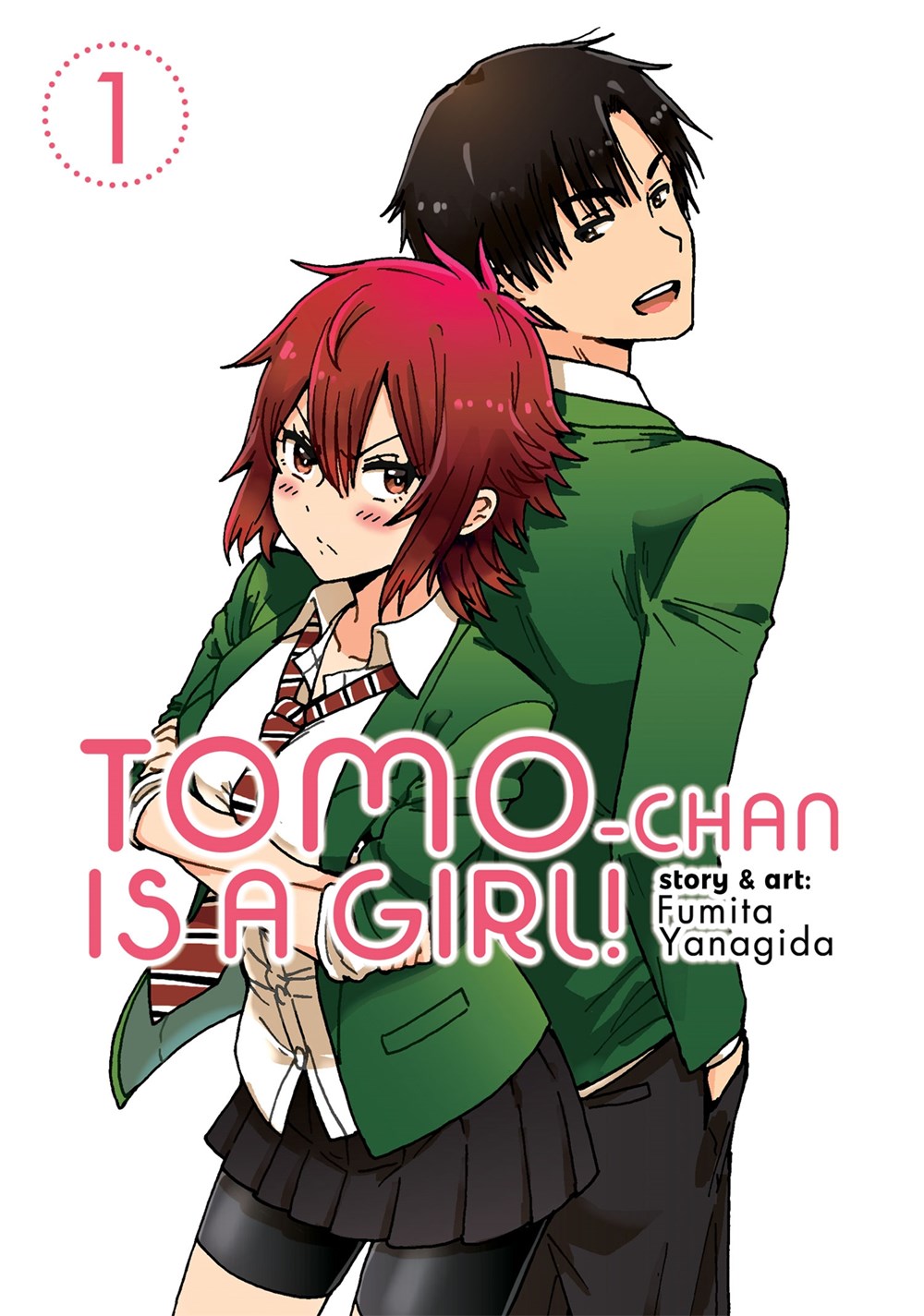 Tomo-chan is a Girl! Manga Volume 131 dezembro 2024
Tomo-chan is a Girl! Manga Volume 131 dezembro 2024 -
 Tomo-chan é uma menina t camisa comédia anime japão fãs manga31 dezembro 2024
Tomo-chan é uma menina t camisa comédia anime japão fãs manga31 dezembro 2024 -
 Mangá Chainsaw Man 04 Panini, mangalivre31 dezembro 2024
Mangá Chainsaw Man 04 Panini, mangalivre31 dezembro 2024 -
 Manga Like Seifuku no Ragnarok31 dezembro 2024
Manga Like Seifuku no Ragnarok31 dezembro 2024 -
 Kusuriya no Hitorigoto Capítulo 65 – Mangás Chan31 dezembro 2024
Kusuriya no Hitorigoto Capítulo 65 – Mangás Chan31 dezembro 2024 -
 Kotaku East - Manga - Gaming Reviews, News, Tips and More.31 dezembro 2024
Kotaku East - Manga - Gaming Reviews, News, Tips and More.31 dezembro 2024 -
 Uzaki-chan Wants to Hang Out!31 dezembro 2024
Uzaki-chan Wants to Hang Out!31 dezembro 2024 -
 Manga Like Kodou yori Tsuyoku, Kokyuu yori Fukaku31 dezembro 2024
Manga Like Kodou yori Tsuyoku, Kokyuu yori Fukaku31 dezembro 2024
você pode gostar
-
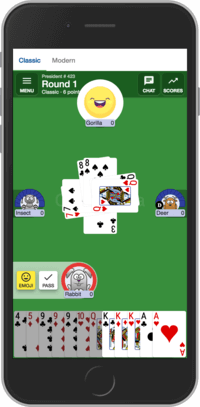 Play President online free. 2-12 players, No ads31 dezembro 2024
Play President online free. 2-12 players, No ads31 dezembro 2024 -
 Jogos Cooperativos - Teoria de Jogos31 dezembro 2024
Jogos Cooperativos - Teoria de Jogos31 dezembro 2024 -
 Metal Gear Revengeance 2 by Deryl, Design, 2D31 dezembro 2024
Metal Gear Revengeance 2 by Deryl, Design, 2D31 dezembro 2024 -
 Uma peça: Mythical Zoan Hito de Luffy Hito no Mi, Modelo: Nika31 dezembro 2024
Uma peça: Mythical Zoan Hito de Luffy Hito no Mi, Modelo: Nika31 dezembro 2024 -
 GP-310BK31 dezembro 2024
GP-310BK31 dezembro 2024 -
 Yagate Kimi ni Naru Ep0131 dezembro 2024
Yagate Kimi ni Naru Ep0131 dezembro 2024 -
 Forest friend by Moonshen Cool pixel art, Pixel art pokemon, Pixel animation31 dezembro 2024
Forest friend by Moonshen Cool pixel art, Pixel art pokemon, Pixel animation31 dezembro 2024 -
 Top 5 Hunter x Hunter Episodes31 dezembro 2024
Top 5 Hunter x Hunter Episodes31 dezembro 2024 -
 How to Optimize Settings for Best Performance - Call of Duty31 dezembro 2024
How to Optimize Settings for Best Performance - Call of Duty31 dezembro 2024 -
 Guess I'll look for something else to watch : r/Konosuba31 dezembro 2024
Guess I'll look for something else to watch : r/Konosuba31 dezembro 2024